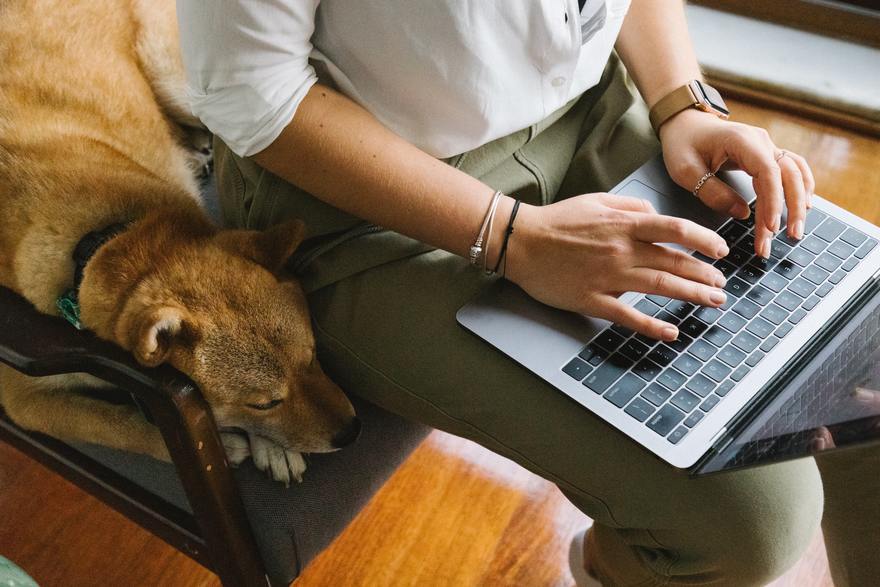
During lockdown, pets could enjoy your continuous presence. With your return to school or work, however, your pets may feel great distress, especially if they are not prepared for your absence.
Here are some tips to help your pet adapt to the new lifestyle.
Tip 1: Create a dedicated space for your animal
Even if your pet is very affectionate toward you, it is important to allow it to be alone from time to time. To make the most of these quiet times, create place in which it can rest and hide. For instance, if you have a cat, make it a house out of cardboard boxes.
Tip 2: Let them play alone
There’s no better way to create a positive bond with your dog or cat than to play with them. However, when you’re back at work or school, your pet will have to learn to play alone. To keep it busy, you can, among other things, use a toy dispenser, which will provide it with some food when it is handled by your pet.
Tip 3: Leave the house for gradually longer periods
To get your dog or cat used to your absence, start by leaving them alone for few minutes, while you take a walk in the neighbourhood for instance. You can then leave for longer and longer periods, until your pet can adapt to hours of your absence.
Tip 4: Establish a new routine

Going back to work or school is also an opportunity to establish a routine that will help calm your pet.
Establish set feeding times, preferably at times of the day when you are usually home.
If you have a dog, you can also take it for an energizing walk before you leave.
Bonus Tip: Add pre- and probiotics to your pet’s diet
Is your pet’s health easily affected by stress? It may be wise to add pre- and probiotics to your dog or cat’s diet. They not only help rebuild gut flora during times of environmental stress, they also boost your pet’s immune system
These tips will help reduce the stress your pet experiences while you are at school or at work. However, if you notice any changes in your pet’s behavior—uncleanliness, aggressiveness, destruction—we recommend you contact an educator or a behaviorist to provide solutions adapted to your situation.

